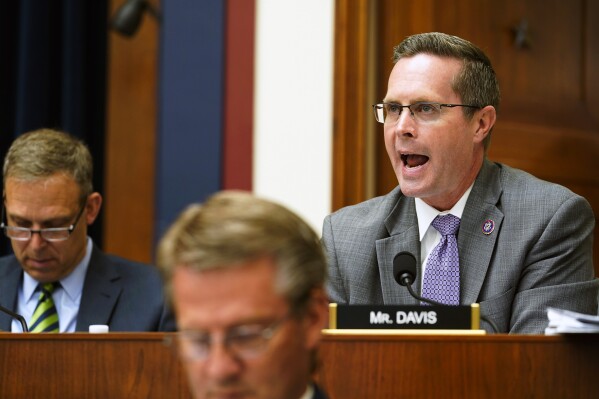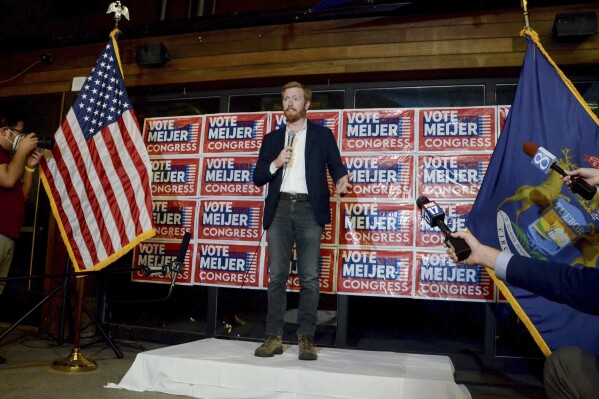JACKSON, Miss. (AP) — Mississippi is on track to change the way it pays for public schools with a new plan that would give districts a boost in funding for students who can be more expensive to educate.
The extra money would be calculated, for example, for students who live in poverty, those with special needs, those in gifted programs, those with dyslexia or those who are learning English as a second language.
The House voted 113-0 Friday to pass the Mississippi Student Funding Formula, which would replace the Mississippi Adequate Education Formula. The Senate is expected to vote on the bill in the next few days.
The Mississippi Student Funding Formula would help poorer districts that have little or no local tax bases, said House Education Committee Chairman Rob Roberson, a Republican from Starkville.
“These are our kids, the kids in this state,” Roberson said. “Every one of them, no matter what zip code they’re in, these are our babies. We can either set them up for success or burden them with failure.”
MAEP has been in law since 1997 but has been fully funded only two years. It is designed to give districts enough money to meet midlevel academic standards and is based on several factors, including costs of instruction, administration, operation and maintenance of schools, and other support services.
Legislators say MAEP is too complex, and many of them have grown tired of being criticized for spending less on education than MAEP requires.
The Mississippi Student Funding Formula would put about $220 million more into schools for the coming year than MAEP would, House leaders said.
Republicans control the House and Senate. Both chambers have talked about either ditching or revising MAEP, but efforts appeared to be dead in early April after senators blocked a House proposal.
Legislators are scrambling to end their four-month session. In the past few days, leaders revived discussions about school funding.
Nancy Loome is director of The Parents’ Campaign, a group that advocates for public schools and that has frequently criticized legislators for shortchanging MAEP. She said Friday that the proposed new formula “does a good job of getting more money to our highest need school districts.”
Disclaimer: The copyright of this article belongs to the original author. Reposting this article is solely for the purpose of information dissemination and does not constitute any investment advice. If there is any infringement, please contact us immediately. We will make corrections or deletions as necessary. Thank you.



